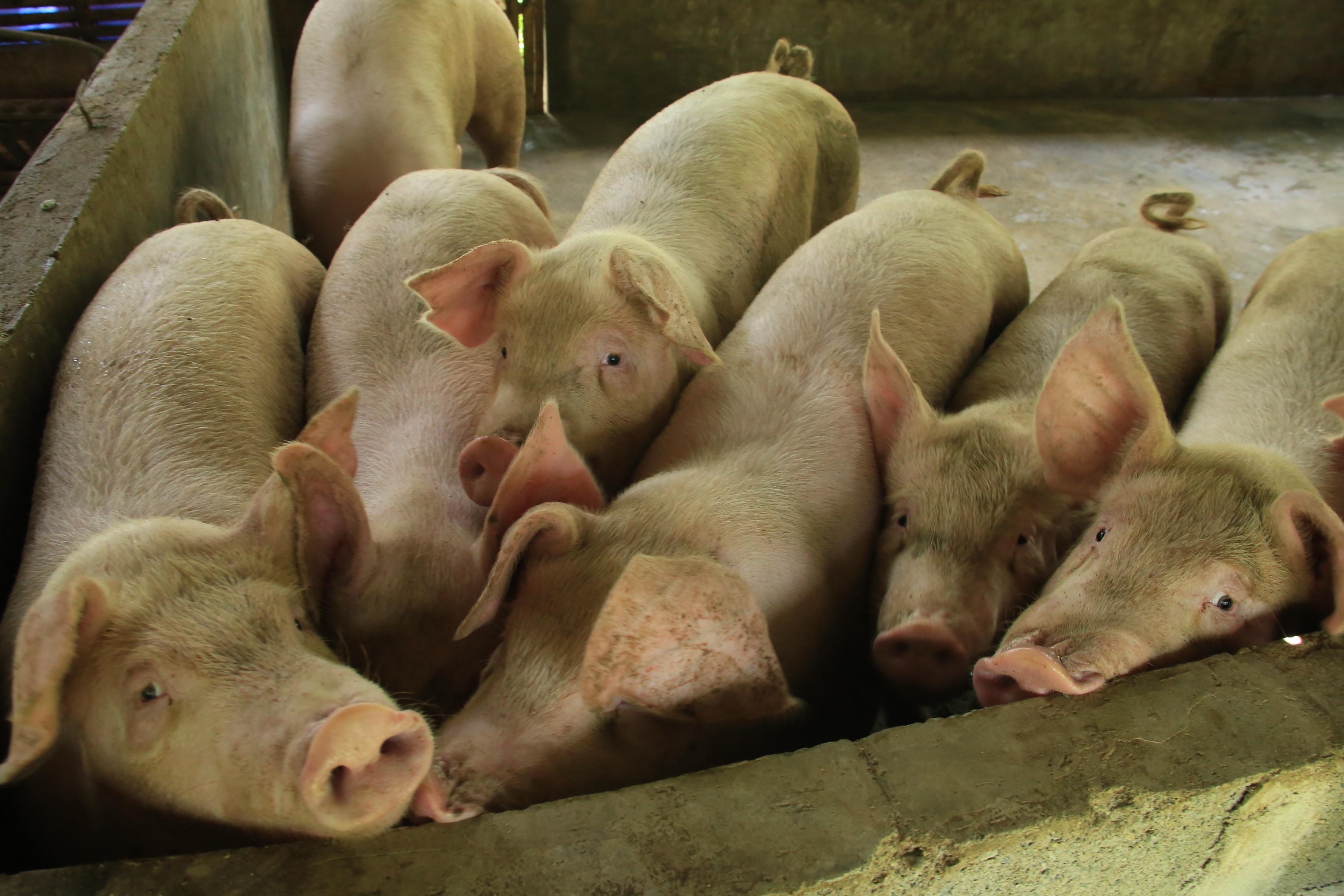
Continued efforts to manage, control and contain the spread of African Swine Fever (ASF) disease have led to elevated measures, including heightened quarantine procedures, from the national and local levels.
A case in point was the recent apprehension of a traveler from Batangas who brought a package of branded and unbranded processed pork products, which were confiscated by a composite veterinary and quarantine team at Calapan Port, on October 6, 2019.
The seized items bought from local markets in Luzon tested positive for ASF viral DNA.
On October 24, 2019, the DA’s National Meat Inspection Service (NMIS) collected samples from the concerned meat processing plant, where the seized branded products came from. Samples were collected from fresh frozen meat imported from Canada, USA and France. These were tested negative for ASF.
However, the other set of samples of longanisa and picnic hotdog tested positive for ASF, based on tests conducted by the DA Regional Animal Disease Diagnostic Laboratory in Central Luzon (RADDL III), on October 25, 2019.
Thereafter, the DA’s Bureau of Animal Industry Veterinary Laboratory Division (DA-BAI-VLD) conducted two validation tests as requested by the manufacturer. Again, the same products— skinless longanisa and picnic hotdog—tested positive for ASF viral DNA.
With these developments, the DA and the Department of Health through the Food and Drug Administration (DOH-FDA) have agreed to disclose jointly said test results, and name the manufacturer, which is Mekeni Food Corporation.
This is to end consumers’ speculations that may have untoward effect on all other processed pork products to the detriment of other meat processors.
The DA, however, commends the management of Mekeni for recalling their products from the market even before the laboratory tests were concluded.
On the two cargo containers from China that were apprehended two weeks ago at the Port of Manila, the pork products were tested positive for ASF by the DA-BAI Laboratory.
In all, the DA, through the BAI and NMIS will continue to work closely with the DOH-FDA to sustain the monitoring of all meat products and ensure that all food sold in the country are safe for human consumption.
While ASF is not a human health concern, our Food Safety Act of 2013 mandates that meat from diseased animals must not be used for food, or for manufacturing food products for human consumption.
It is a crime to sell, trade and/or slaughter sick or dead pigs for meat or for processed pork products. Violators face imprisonment from six to 12 years or fine of P100,000 to P1 million or both; and
In addition, the DA has previously issued guidelines to effectively manage, control and contain ASF, requiring all pigs, sick or not, within the one-kilometer ASF-declared zone, be surrendered to the local government unit and BAI for culling, which is called for under the globally-accepted “1-7-10” protocol.
The DA reiterates its call to all concerned:
1 – For small backyard raisers – Report to your City, Municipal or Provincial veterinarian any sign of disease or deaths of pigs in their area. Refrain from swill feeding, particularly those from airlines, hotels and restaurants. Do not slaughter sick or dead pigs and sell the meat to traders;
2 – For traders – not to buy and slaughter sick pigs. Any backyard or illegal slaughtering, or use of meat from infected pigs will contribute to the spread of the disease, and will only result to further deaths, and losses to the P260-billion swine industry that supports millions of Filipinos.
3 – For the public – Pork is safe to eat. When buying pork in the market or meat shops, always look for the seal and certificate issued by the DA-NMIS.
—
Reference:
Noel O. Reyes
CP: 0920 4880686
DA Spokesperson and Asst. Secretary
for Communication and Media Affairs













